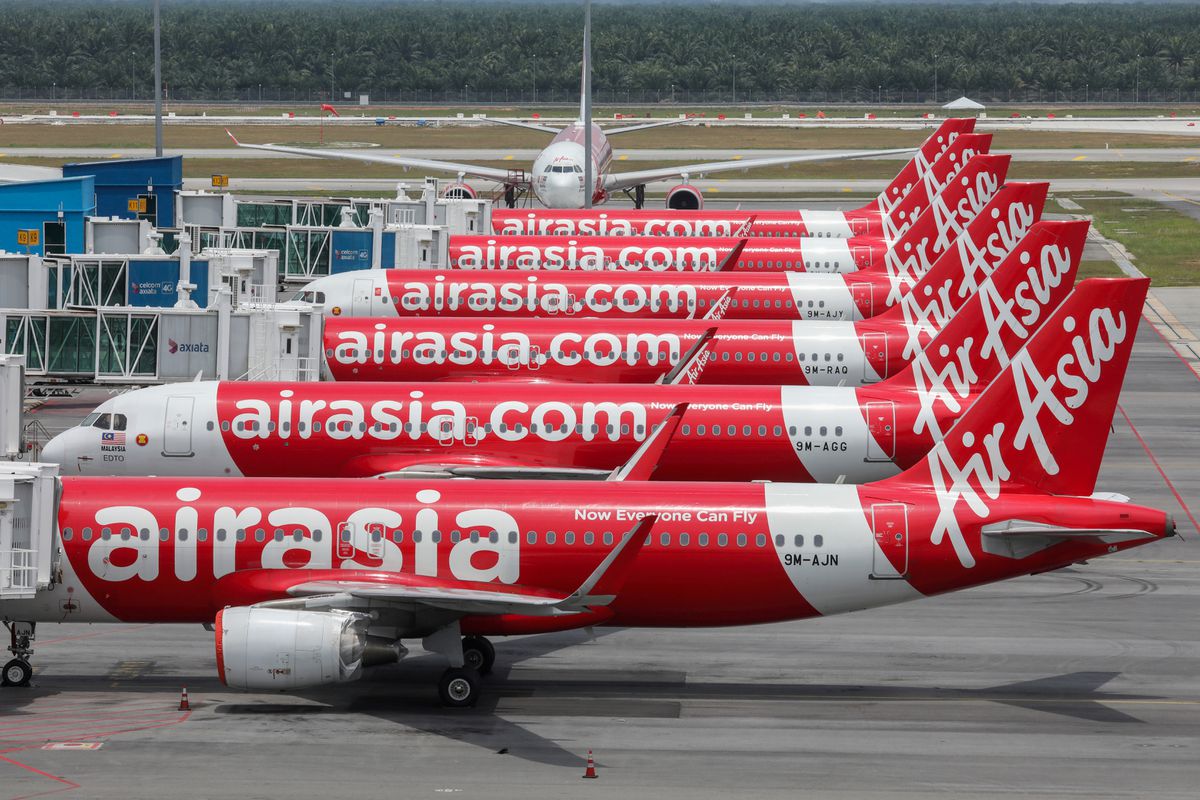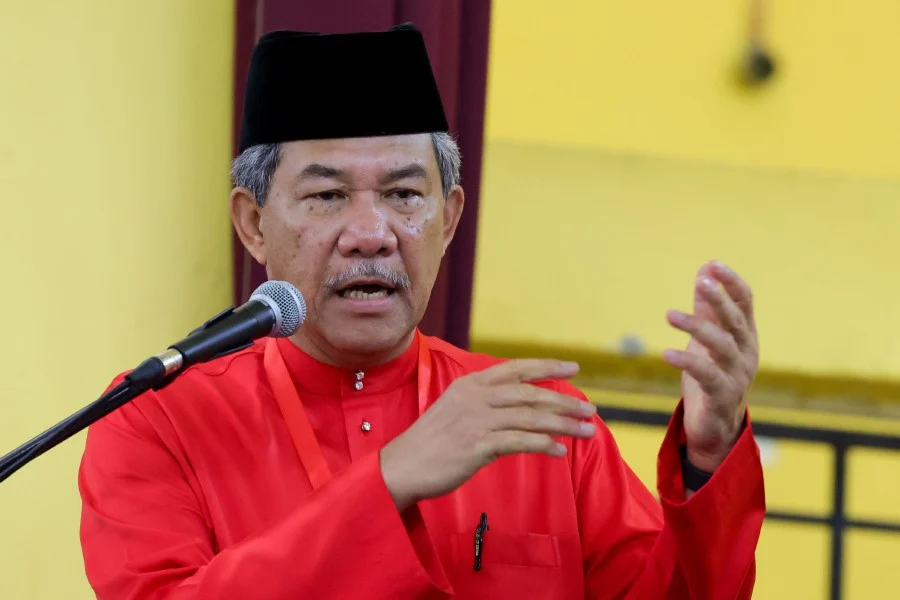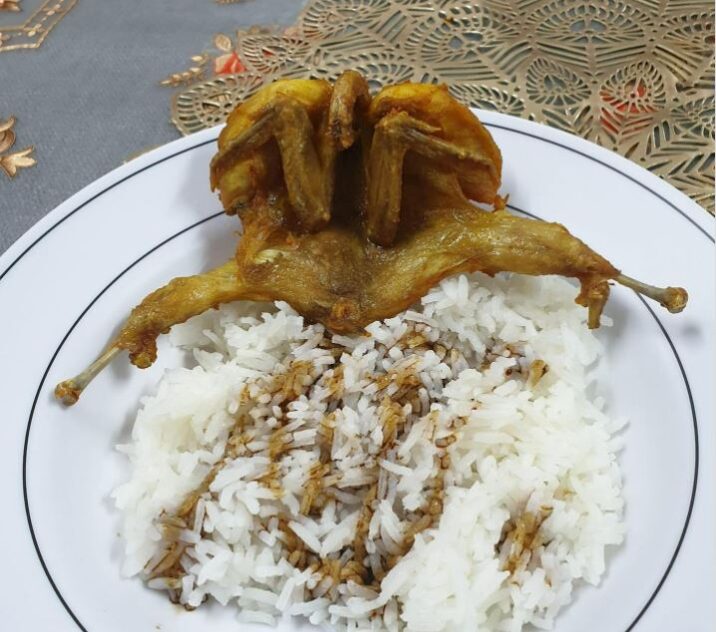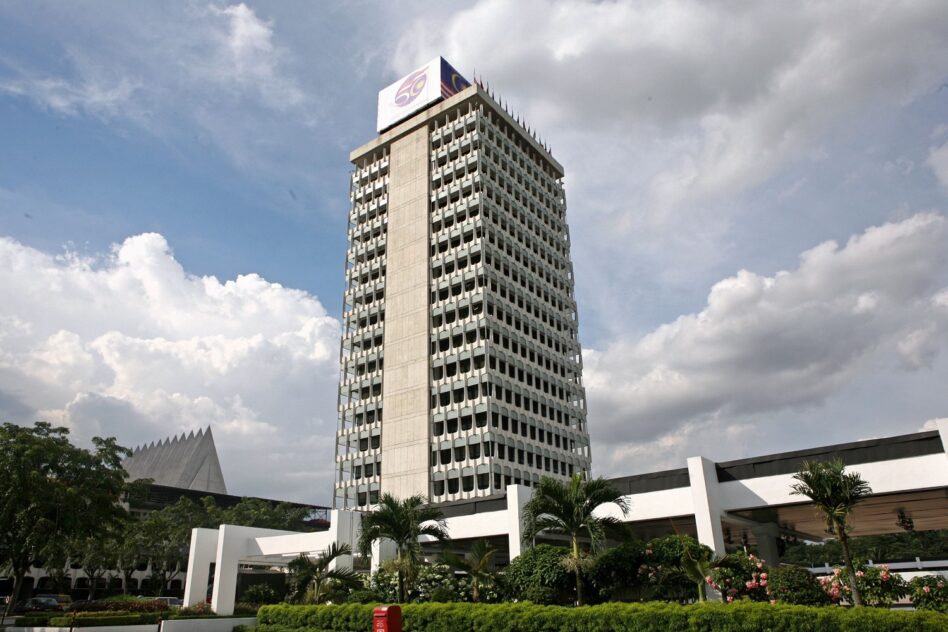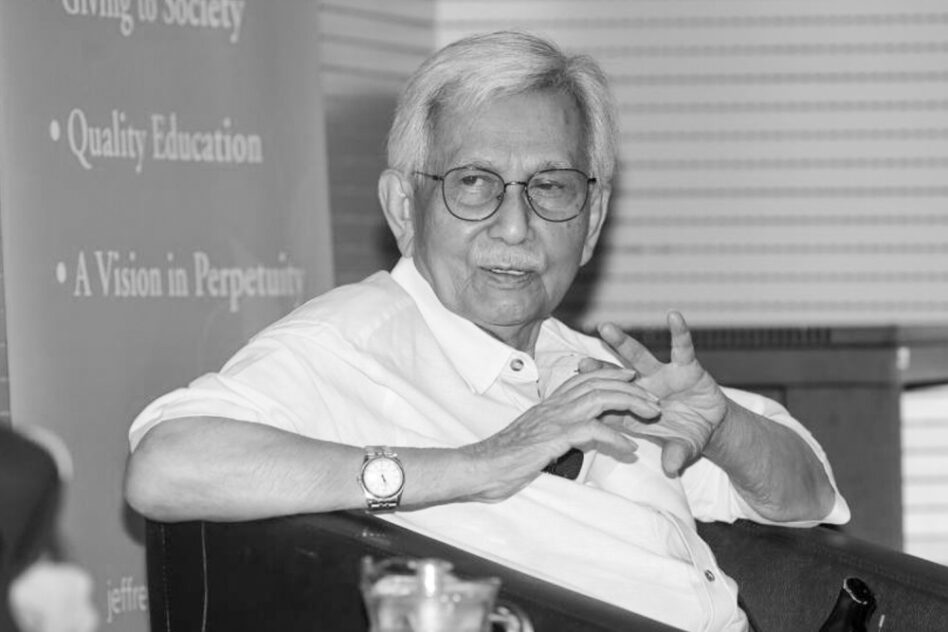THE Industrial Court has ruled that AirAsia Bhd’s decision to retrench two aircraft engineers during the COVID-19 pandemic was “improper” and “unfair” as the decision was premised on their high salaries.
According to court chairman Andersen Ong, the airline had “adopted the wrong principles” when it made its licensed aircraft engineers redundant despite the “financial adversity” it had experienced during the pandemic, FMT reported.
Ong also said AirAsia had failed to justify the “last-in, first-out” principle in retrenching Faisal Sulaiman and Izwan Nezar.
Faisal, with a last-drawn salary of RM15,048, was awarded RM403,286. This included 24 months of back pay totalling RM361,152, reduced by 55 per cent to RM162,518.40 due to post-dismissal earnings, and RM240,768 as compensation instead of reinstatement.
Izwan, earning RM14,380 per month, received RM385,384, which included back wages of RM155,304 after a similar deduction, plus RM230,080 as compensation instead of reinstatement.
However, the court reduced the amounts payable to Faisal and Izwan by RM57,444 and RM55,440 respectively, to account for compensation payments already received.
In the awards, Ong acknowledged that the Code of Conduct for Industrial Harmony (CCIH) prescribed by the Human Resources Ministry does not have the force of law and that the “last-in, first-out” principle is not a mandatory requirement in retrenchment exercises.
However, he highlighted that the Industrial Relations Act 1967 (IRA) and the CCIH share a common objective, which is to promote and maintain industrial harmony.
Section 30(5A) of the IRA allows the court to consider any minister-approved agreement or code.
Ong said that employers must provide strong reasons for not following CCIH procedures in retrenchment.
He further noted that the claimants were unfairly targeted for their higher salaries, calling such action “grossly unjust and inequitable because the high salary was granted by the company’s own decision”.
AirAsia had told the court that the pandemic forced it to halt operations and ground 96% of its fleet, leading to a net operating loss of RM457 mil in 2019 and RM953.3 mil in the first quarter of 2020.
It said as a result, it was forced to implement several cost-containment measures, including the right-sizing of manpower, cutting the salaries of its directors, management and staff, undertaking deferral negotiations with lessors, suppliers and partners, and restructuring of its fuel-hedging positions.
It said the claimants were retrenched on June 7, 2020 after all other measures taken to contain costs had failed.
However, Ong ruled that the airline had acted “in contravention of the spirit and intent of the CCIH”, adding that selecting employees for retrenchment based on salary disregards their contributions and can lead to age discrimination as older employees tend to have higher salaries due to their tenure and experience. – May 29, 2024
Main pic credit: Reuters


